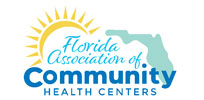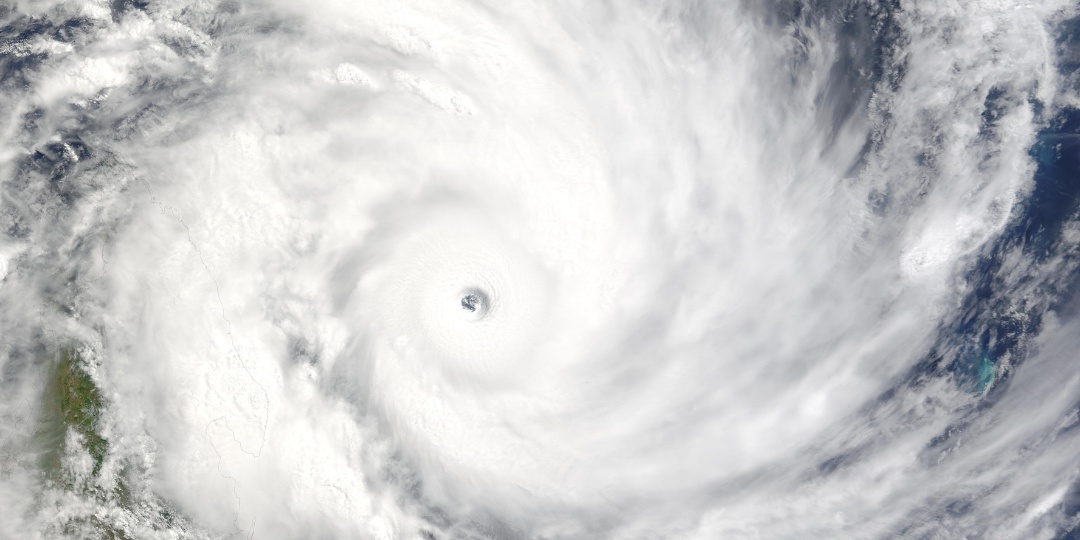Early 2020 ushered us into a new era of society, healthcare, and preparedness. Despite decades of pandemic planning, our reality was rapidly and drastically impacted by the spread of the novel SARS CoV-2 (COVID-19) virus. Health Centers have played a vital role in response to the ongoing Public Health Emergency (PHE) for over two years, and the lessons learned have been many and shared across the healthcare and public health sectors. Engaging Florida’s Community Health Centers in After-Action Reporting, FACHC has recognized how long-standing CHC characteristics, such as their mission-driven culture, adaptability, and system-based approaches, have been instrumental in overcoming significant challenges primarily related to shifting patient demands, staffing, and global supply chain issues.
Although working through the COVID pandemic was navigating a whole new territory, CHCs have significant experience responding to emergencies and disasters, having dealt with hurricanes, tornadoes, wildfires, infectious disease outbreaks, flooding, and even ice storms. The communication and coordination capabilities of CHCs have been demonstrated consistently, developing resilience and a unique perspective on the importance of emergency management and ‘Whole Community Preparedness’.
Now more than ever, CHCs are meeting the diverse and growing needs of vulnerable populations, individuals without healthcare coverage, and those seeking patient-centered care close to home. CHCs’ ability to address a wide range of primary care issues, from dental to behavioral health, makes them a crucial part of the nation’s healthcare infrastructure and pandemic recovery. Prompted by the pandemic’s restrictions and a focus on safety for all, CHCs launched expanded telehealth operations to enhance access to care. Another point of expansion has been seen in mobile health operations, with CHCs bringing testing and vaccination services into communities that would otherwise remain out of reach. With support from HRSA’s various supply programs, CHCs have distributed hundreds of thousands of at-home tests and N95 masks, and are positioned to play a significant role in the National Test-to-Treat program.
Looking ahead, the 2022 Hurricane Season is predicted to be above-average yet again. This annual focus on the tropics is now commonly paired with a discussion of the short- and long-term effects of climate change, especially across Florida. Focusing on preventative measures, CHCs can take steps to fortify their facilities and adjust plans to address environmental risks and evacuation zones. Flood protection and emergency power supply options (including generators and solar options) can be explored and possibly funded through Mitigation grants and other partnership initiatives. Across all phases of Emergency Management (mitigation, preparedness, response, and recovery), the importance of integrating with local partners and regional Health Care Coalitions (HCCs) cannot be understated. Ongoing HCC engagement supports effective communication and coordination and further defines CHC and partner roles at the local level.
The cycle of preparedness promotes continuous planning, organizing, training, equipping, exercising, evaluating, and taking corrective action (improving) to enhance capabilities in incident response. FACHC supports all CHCs in these efforts while maintaining situational awareness among various State, Federal, and NGO partners, providing training and deploying resources/equipment to support emergency operations statewide. Through robust communication and enhanced coordination, CHCs will continue to emerge as resilient leaders in the new era of healthcare emergency preparedness and response.

